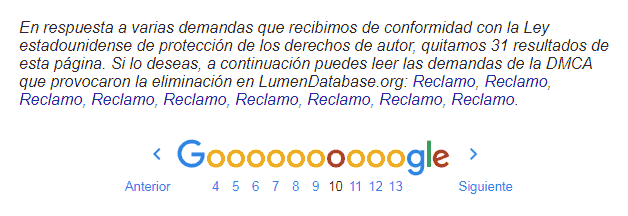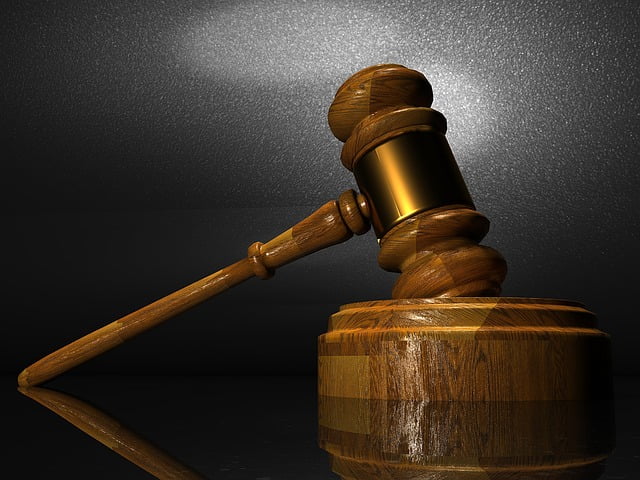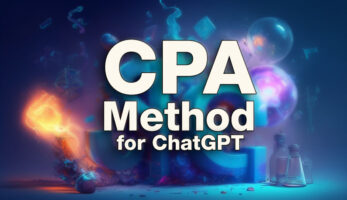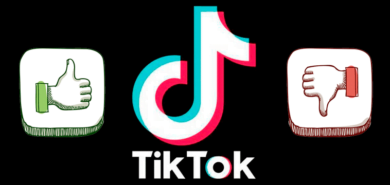DMCA is the acronym for Digital Millennium Copyright Act.
DMCA is a trademark copyright law in the United States, which penalizes not only copyright infringement per se, but also the production and distribution of technologies that circumvent copyright protection.
In common parlance, DMCA is a law that protects copyright in different ways and its distribution by different means.
Who makes the DMCA claim?
When we use content that is protected by this law, and without permission of its author, the author can make a claim to Google requesting that the content be excluded from Google searches. The affected party makes a claim and the notification arrives through Search Console.
At the time of making the request , Google encourages the affected person to try to contact by mail or other means the owner of the site that violates their rights in order to solve the incident between both parties . And if it is not possible then proceed to make the claim.
If you are interested in making a claim, you can read this article: How to make a DMCA claim?
If the claim proceeds, and the content is not removed, the consequences for the website that receives it can seriously affect it. If you receive a DMCA complaint, you should resolve it as soon as possible.
Negative Consequences of a DMCA Claim for SEO
Google penalizes in its search results those pages that have been the subject of requests to remove content due to copyright problems. According to Google, “for the sake of users” those pages that have DMCA complaints are excluded from the results, sending them to less visible positions.
Normally Google shows the most relevant results, but if they have copyright claims they will go to the bottom of the list of results.

Have you heard of Black Holes? Well it’s something similar, once you fall into one, not even the light escapes from it. A DMCA claim on one of our website URLs is like a small black hole.
The Most Serious Problem It’s when you don’t have a claim or maybe even two, but your website has received multiple complaints, and they haven’t been solved or maybe they were solved but you keep committing the fault over and over again, Google can give you a custom black hole with your domain name.
Copyright and Google Search
Google receives requests to remove potentially infringing content from Search results. This report provides data about such requests to remove Search links.

Legal Consequences
If you are not the copyright owner, the claim can go beyond a penalty. If the plaintiff wishes, he can take the claim to trial, although normally because of the costly, cumbersome and complicated these are satisfied with the penalty in the google results.
Now there is also the other case in which some of the claims are executed by unscrupulous people who go so far as to claim the content from the owner of the rights. (I didn’t believe it until I read it in Google’s transparency report) If the case arises, you can ask for an appeal and take the case to a trial where the injured party is the plaintiff.
You can legally sue the plaintiff in this case.

How to avoid DMCA claims?
Well, nothing is very simple, if you use only content of your authorship you have nothing to worry about. If you use third-party content you should only make sure that you have their permissions or in the case of image banks, that they are royalty-free images.
In some cases the images or photographs can be used freely but the author requests to be mentioned somewhere where his work is used.
Are you looking for royalty-free images and use WordPress?
- I recommend the plugin: Pixabay Images allows you to insert images directly into your publication without having to leave it.





